Pressed pallets are recognized as one of the newest inventions in the transportation industry that pay special attention to environmental principles. These pallets have significant positive impacts on the environment and have solved problems that traditional pallets posed for the environment. In this article, we delve into the investigation of these impacts and their importance.

What are Pressed Pallets?
Pressed pallets, are a type of pallet made from recyclable materials and produced using high pressure and heat. These pallets are produced in an environmentally friendly manner and can be a suitable alternative to traditional wooden pallets.
But let's explore some of the positive environmental features of these pallets:
Reduced Need for Wood:
One of the positive impacts of these pallets on the environment is the reduced need for wood. The production of wooden pallets leads to the cutting down of many trees, resulting in deforestation and reduced biodiversity. By using our pressed pallets, this need for wood can be minimized.
Recycling and Reuse:
Another positive feature of these pallets is their recyclability and reuse. After the end of their lifecycle, these pallets can be recycled and contribute to the production of new pressed pallets.
Air and Water Pollution Reduction:
The production of wooden pallets not only leads to deforestation but also contributes to air pollution and water pollution. Since pressed pallets are made from recyclable materials, their environmental impacts cause the least harm to nature.
Improved Transport Efficiency:
Due to their lightweight and durability, pressed pallets can increase the efficiency of transporting goods. This helps in reducing fuel consumption and greenhouse gas emissions.
Reduced Material Waste and Conservation of Water and Soil Resources:
Wooden pallets often lose a quantity of wood over time due to damage and reconstruction. This leads to material waste. However, with NeoPallet pressed pallets, this waste can be minimized. Additionally, the production of wooden pallets consumes a lot of water and soil resources. By using NeoPallet pressed pallets, these environmental resources are preserved, contributing to water quality improvement and soil conservation.
Economical and Cost-Effective:
The use of pressed pallets is economical and cost-effective. These pallets have a longer lifespan compared to wooden pallets and do not require frequent repairs, which is considered an economic advantage.
Positive Impact on Supply Chain:
The use of pressed pallets improves the performance of the supply chain. Due to their characteristics such as lightweight and strength, these pallets make loading and unloading goods easier and faster.
Design Flexibility:
Pressed pallets allow flexibility in the design of many products. This feature helps companies optimize the placement of their products on pallets and reduce wasted loading space during transportation.
Social Impact:
Pressed pallets also have positive social impacts. Creating jobs in the recycling and production industry helps increase employment and contribute to the regional economy.
Pressed Pallets and Packaging Industry:
The packaging industry extensively uses pallets for product transportation. Pressed pallets with their features such as lightweight and durability contribute to improving efficiency in this industry.
Beneficial Effects on International Transportation:
In international transportation, the use of pressed pallets helps reduce costs and simplifies customs procedures. These pallets are very useful for the export and import of goods.
Positive Impact on Storage:
Pressed pallets help optimize storage space in warehouses. Their ability to be stacked neatly during stacking creates order and organization in warehouses, contributing to increased productivity.
Other Products
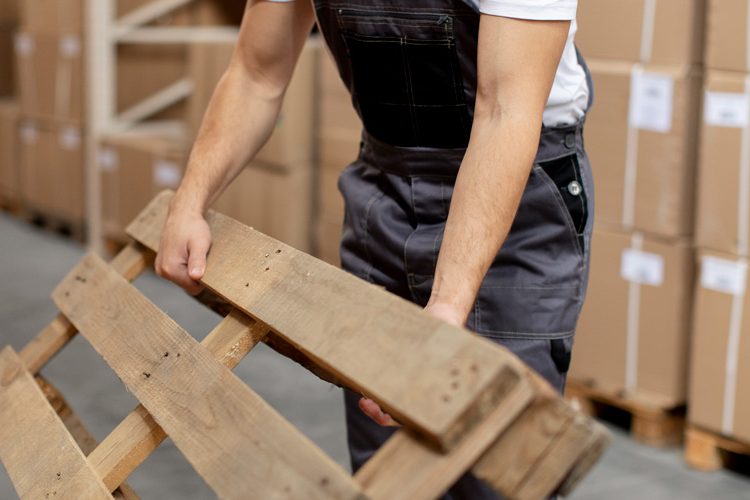
Buying or renting pallets? Which work is better?
When it comes to the logistics and storage industry, the decision between buying and renting pallets is crucial and can...
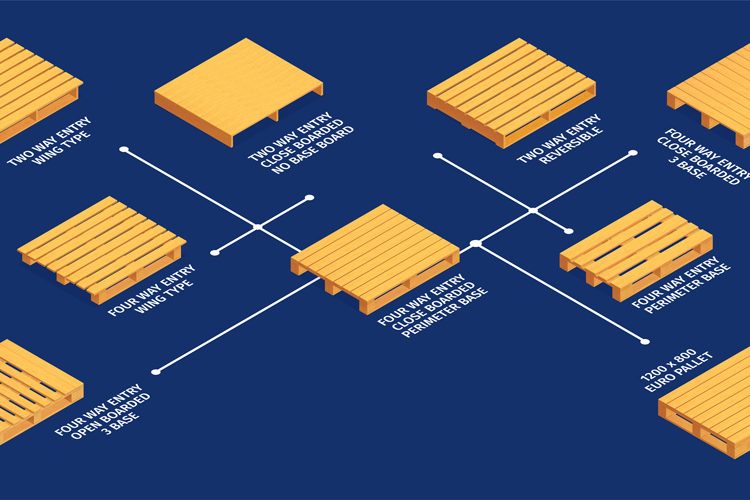
Familiarity with different types of pallet designs
In addition to the diversity in the material and dimensions of pallets, there are other differences between different types of...
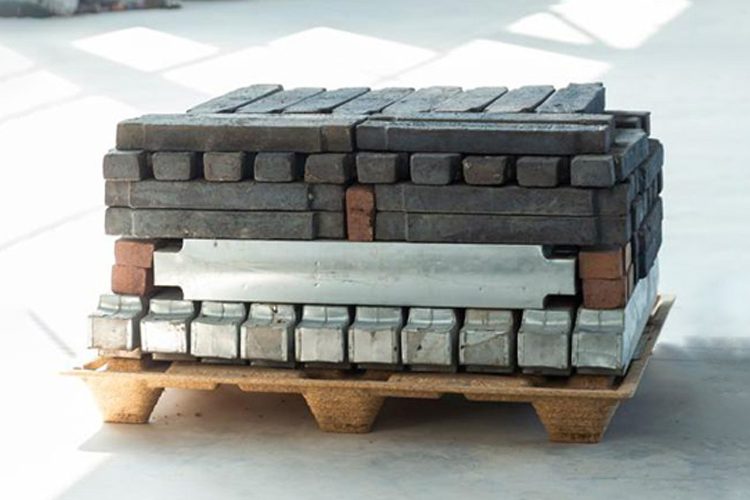
High Strength Against Heavy Weights
The importance of high-strength pallets against heavy weights cannot be overstated, as they form the backbone of efficient transportation and...
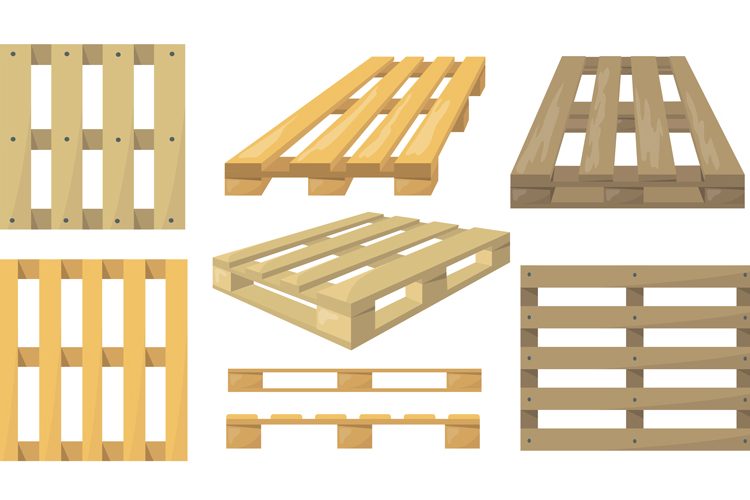
The Standard pallet size in various industries
The standard dimensions of a pallet, also known as pallet dimensions, are very important based on the packaging dimensions of...

Signs of pallets and their meanings?
There are around 100 standard sizes of pallets in the world. Therefore, the diversity of available pallets from a technical...
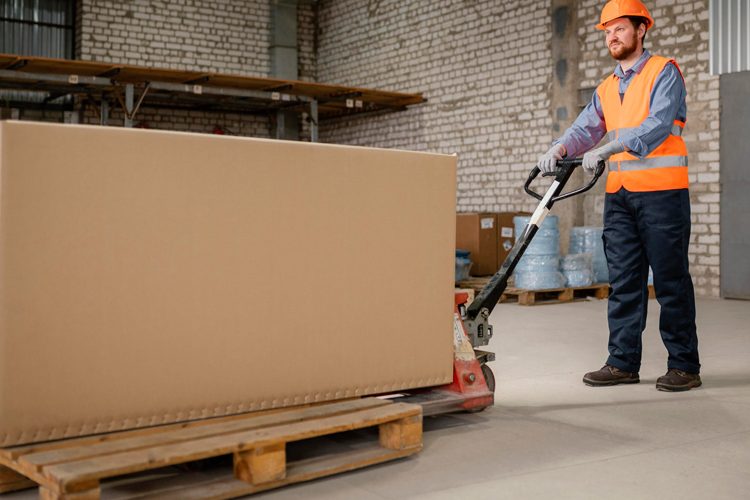
Equipment for pallet handling
Easy Homemade Remedies with Rosewater for Luscious Hair and Glowing Skin Today, with the growth of industry, many organizations are...

Enhancing Product Transport and Storage
In today's globalized economy, the efficient transportation, handling, and storage of products are essential for businesses to remain competitive. However,...
